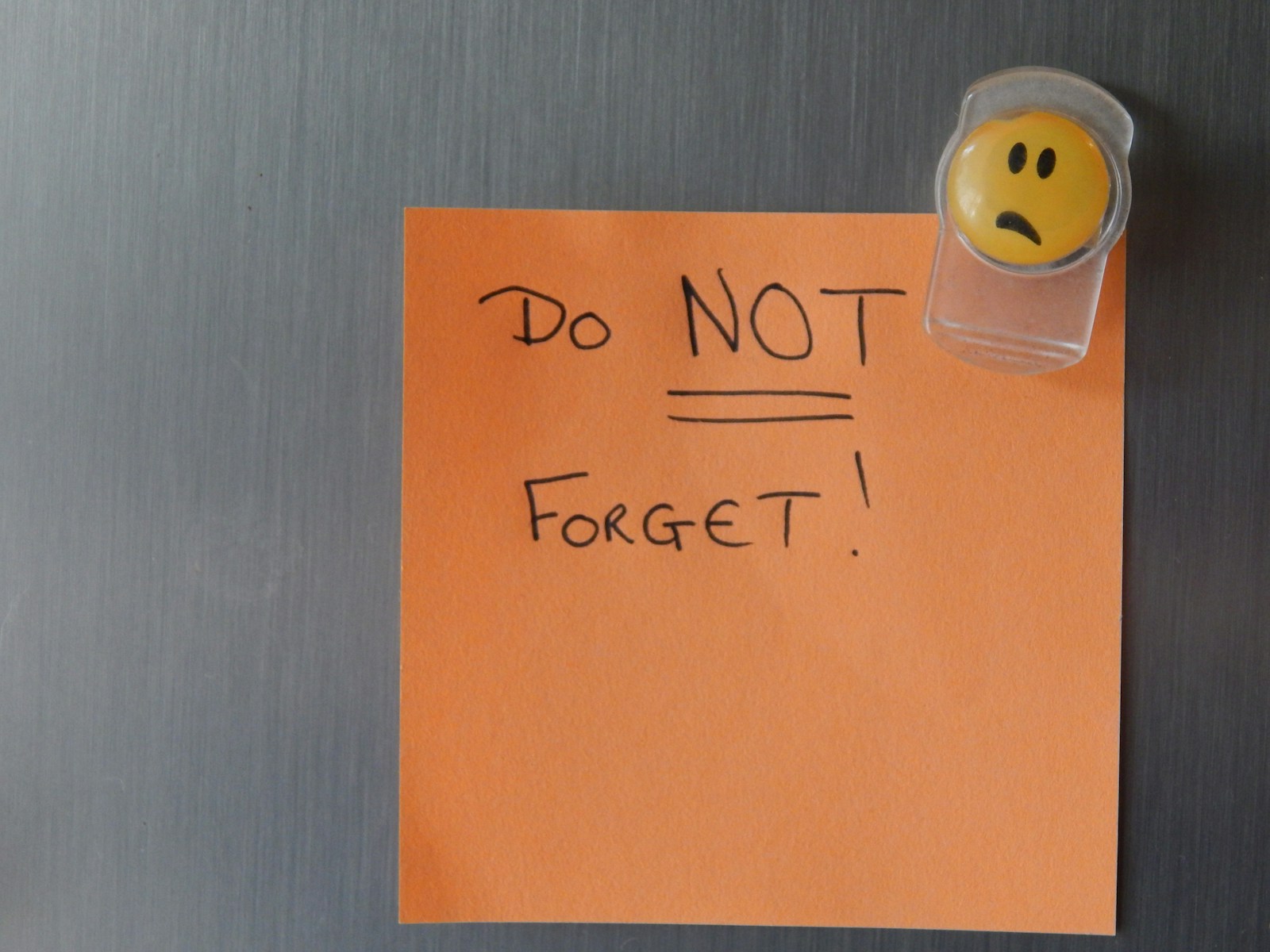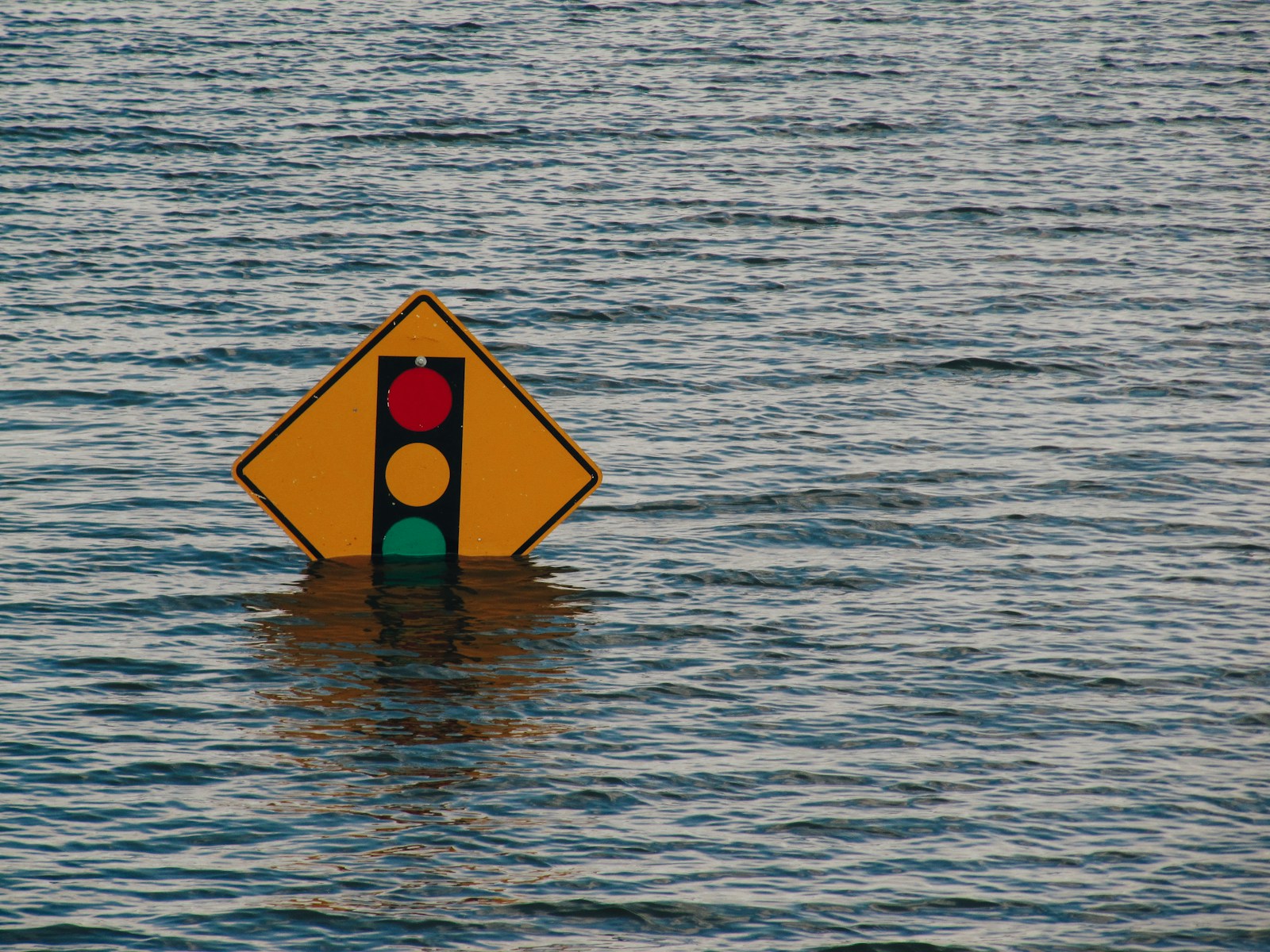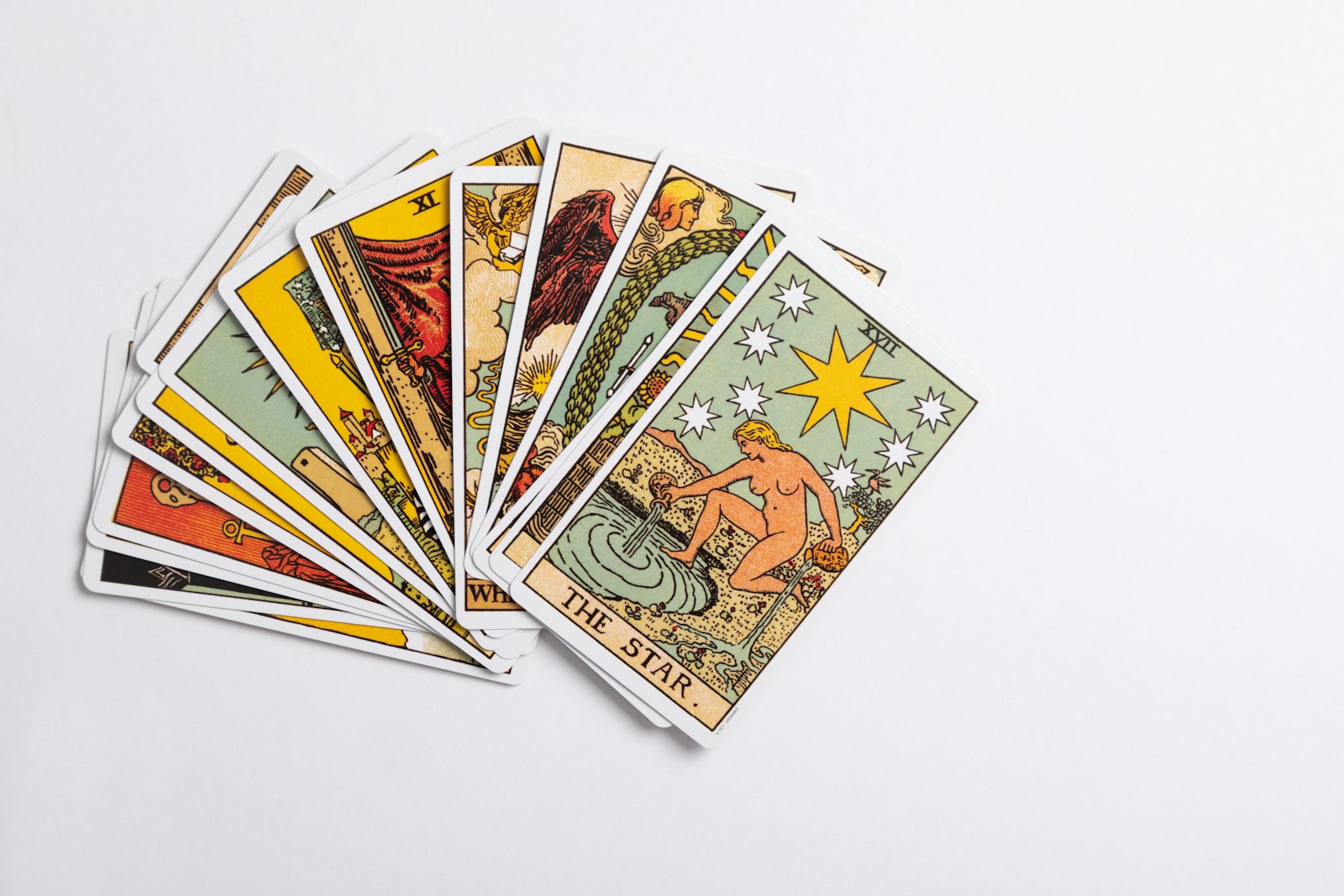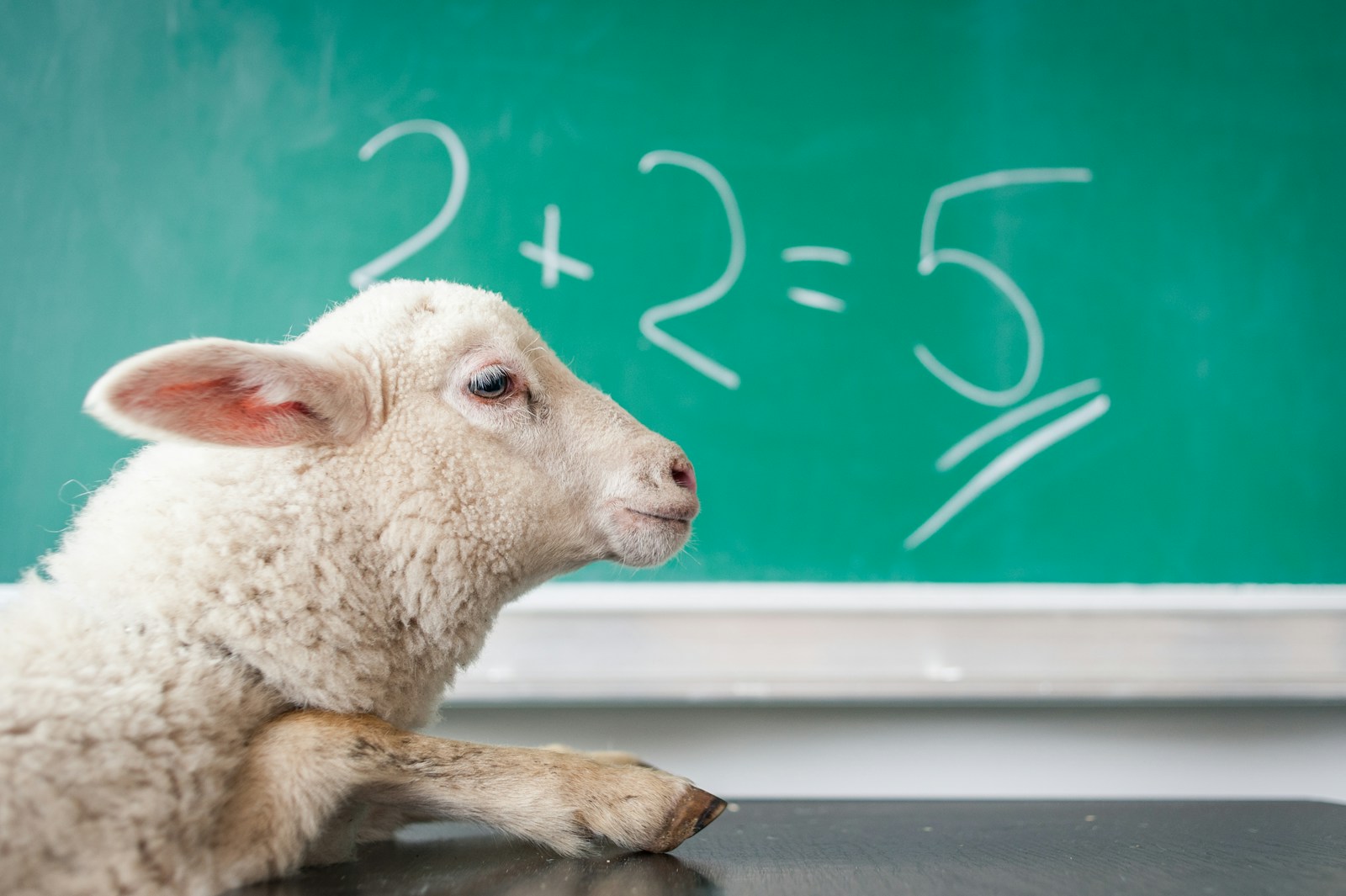In last night’s D&D game there was a discussion about the things that live rent-free in your head: mainly advertising jingles. I recently bought a packet of the Warehouse’s Market Kitchen brand of puffed wheat cereal coated in honey, whose name I cannot recall right now because of the following:
Honey Puffs are made to stay fresh (stay fresh)
Stay good all the time
Keep looking for the funny honey bee
Honey Puffs are yours and mine
Thanks, Honey Puffs.
Of course, Honey Puffs no longer exist. They’re off the market as of May 2025; another cruel little nail in the coffin of millennial childhood. I checked the Sanitarium site and there’s no mention of the discontinuation, just a bit of marketing copy I could not resist sharing:
“Sanitarium Honey Puffs offers the combined attributes of taste and fun.”
No wonder they discontinued the cereal — you can’t expect anyone to buy if the marketing is that dismal. Luckily, the Market Kitchen alternative tastes identical and there’s more of it per packet. As the father of a four-year-old with a limited palette for breakfast offerings who, it turns out, really likes Honey Puffs, I appreciate what the Warehouse are doing on the food side of things.
I bring all this up because another thing that lives rent-free in my head are the closing lines of The Great Gatsby:
“So we beat on, boats against the current, borne back ceaselessly into the past.”
When I am feeling tired or maudlin or just nostalgic for what — events are fast making clear — really was a better time, that line pops into my head. It grows more poignant with age.
And although the literal meaning of the phrase is quite different, in fact opposite, and I am hesitant to draw comparisons between very different cultures, something about Gatsby’s ending reminds me of the Māori concept of time.
Kia whakatōmuri te haere whakamua:
“I walk backwards into the future
with my eyes fixed on my past”
In this view, the future cannot be known; only the past can. The past becomes distant, but the formative events rear like great monuments. Prior triumphs and failures, happiness and grief, gratitude and bitterness; all can be seen and felt with a clarity that is lacking when we focus only on the future.
I think the quote and the proverb resonate together because I like the ocean, and the Māori view of past and future reminds me of how we row boats, with our backs to the destination, watching our embarkation recede.
It has been a strange, anxious, exciting month, and I have been steady at the oars. I have felt enormous responsibility for my family, my little crew of four. As I begin to see the shape of the recent past, emotion rises to the surface. The month is not over yet, of course. The future is unknown. But sometimes we steal or are shown a glimpse, to see what lies before the horizon.
After several hours at a standing desk writing about 2500 words worth of notes, from talks and lessons I have given over many years (truly, nothing motivates the ADHD mind like a deadline) I gave what I hope is the first of many professional development sessions today, for a course aimed at teaching teachers how to draw. It was small and scrappy but immensely personally satisfying, and it seems my audience enjoyed it too. There is so much more work to be done on this, something I am intensely passionate about, but I have embarked.
It recedes behind me now, and so we beat on.










